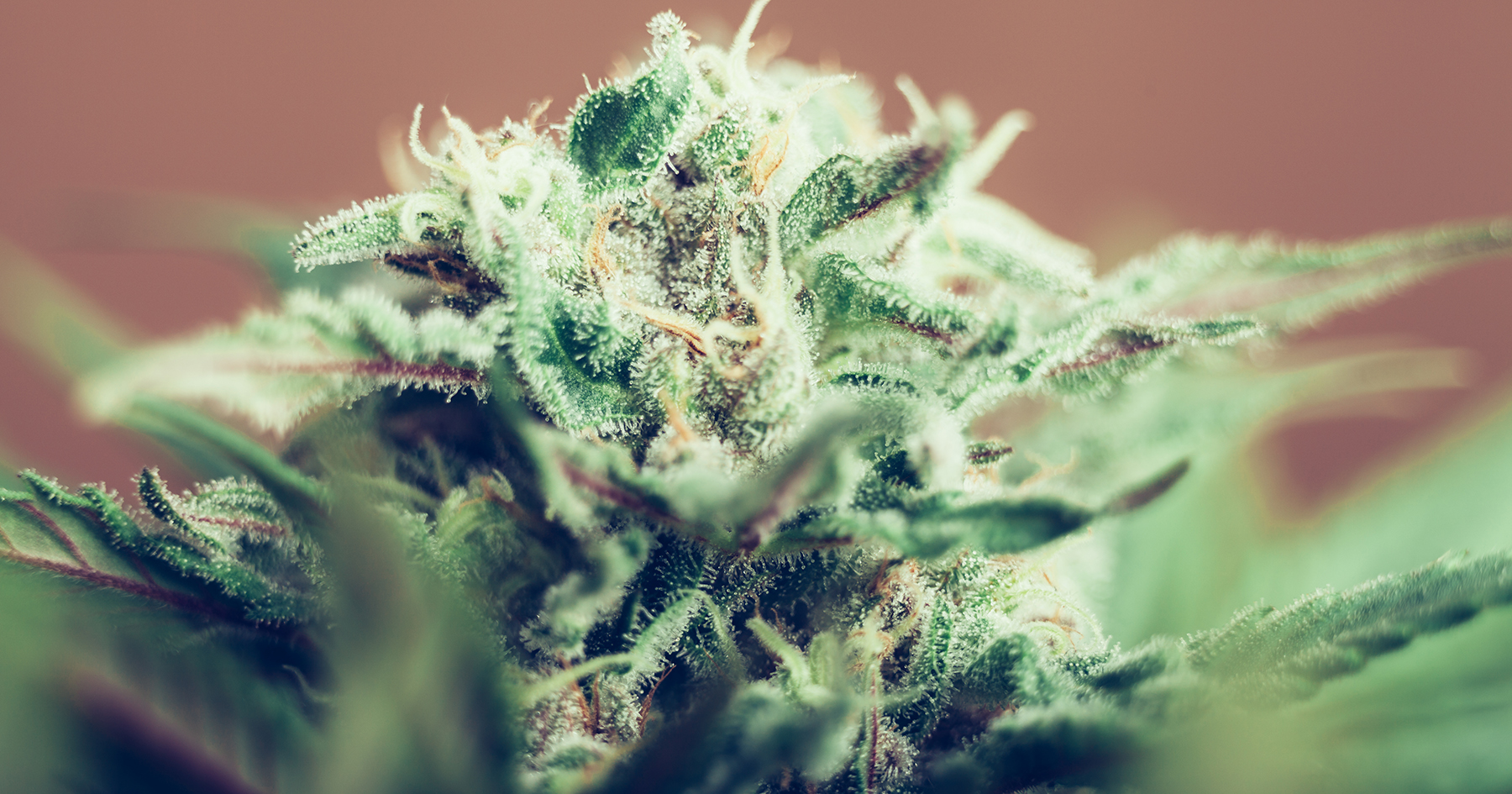http://www.attn.com/stories/3515/what-marijuana-does-to-pain
Here's What Marijuana Does to Pain
RELATED: What Does Marijuana Do To Your Sleep Patterns?
A new study published in the Journal of Pain found that chronic pain patients who used marijuana for one year had reduced discomfort, improved quality of life, and experienced no increased risk of serious side effects. McGill University researchers analyzed reports from 216 cannabis users and 215 non-users, finding that pot is effective at treating pain.
"[W]e noted significant improvements in pain intensity and the physical dimension of quality of life over one year among the cannabis users compared to controls," the researchers wrote. "There was also significant improvement among cannabis users in measures of the sensory component of pain, symptom distress, and total mood disturbance compared to controls."
RELATED: Marijuana Might Actually be an Anti-Gateway Drug
This isn't the first study to look at the effects of marijuana on pain. In 2009, the National Association of Boards of Pharmacy announced that cannabis could help with "multiple pain syndromes," including neuropathic (burning), mechanical (aching), and inflammatory (acute, sharp) pain. Not only is the substance an effective analgesic, but it also carries "minimal physical dependence" with limited drug interactions, the organization wrote.What's more, a review of cannabis trials published in the British Journal of Clinical Pharmacology concluded that "it is reasonable to consider cannabinoids as a treatment option for the management of chronic neuropathic pain with evidence of efficacy in other types of chronic pain such as fibromyalgia and rheumatoid arthritis as well."
And a 2013 study published in the Clinical Journal of Pain found that "cannabinergic pain medicines have been shown to be modestly effective and safe treatments in patients with a variety of chronic pain conditions," leading researchers to conclude that incorporating medical cannabis into pain medicine education "seems warranted and continuing clinical research and empiric treatment trials are appropriate."

The takeaway here is something that might seem obvious to regular marijuana users: pot is good for pain. But it's not just good, it's safe. Even over-the-counter medication such as Tylenol carries risk of overdose if you take too much, threatening to damage your liver. Cannabis, on the other hand, has no serious side effects, and numerous studies have demonstrated that it is similarly effective at treating various types of pain.
What's remarkable about this potential health benefit is what it could mean in the context of America's heroin epidemic. According to the National Institute on Drug Abuse, abuse of painkillers directly correlates with the rise of heroin addiction in the U.S. If a person becomes addicted to prescription pain medication, there is a strong chance that they could transition to cheaper, more potent drugs such as heroin.